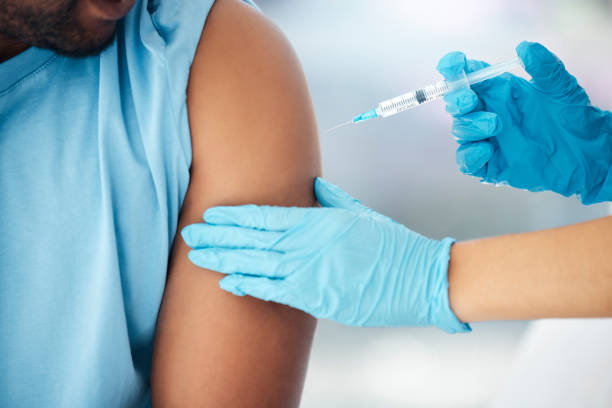By Evans Matthews
From bustling cities in Nigeria to quiet suburbs in Europe and sprawling towns across Asia and the Americas, vaccine misinformation knows no borders. In today’s hyperconnected world, myths about immunization continue to thrive globally—fuelled by fear, distrust, and the viral spread of false narratives. Pediatricians around the world are sounding the alarm.
“Vaccines are one of the greatest public health achievements of modern medicine,” says Dr. Ifeoma Okeke, a pediatrician based in Lagos, Nigeria. “Yet, due to misinformation, many parents hesitate or refuse life-saving shots for their children.”
One of the most damaging global myths is the false link between vaccines and autism. This belief, rooted in a fraudulent 1998 study in the UK, has been thoroughly debunked. Still, it lingers. “There is no credible scientific evidence connecting vaccines to autism,” Dr. Okeke emphasizes. “Dozens of large-scale studies across countries—including the U.S., Denmark, and Japan—have confirmed this.”
In parts of Europe, vaccine skepticism has led to measles outbreaks in places once considered disease-free. In the U.S., once-eradicated polio was recently detected again. In Asia and Africa, fears about fertility or Western conspiracy theories sometimes dissuade parents from vaccinating their children. These fears, often culturally nuanced, are spread rapidly through social media platforms and messaging apps.
“Unfortunately, misinformation travels faster than science,” says Dr. Leila Hossain, a pediatrician in Dhaka, Bangladesh. “And personal anecdotes often carry more emotional weight than medical facts.”
Another common myth is that natural infection builds stronger immunity than vaccines. While it’s true that surviving an illness like measles or chickenpox can provide immunity, the risk is immense. “Natural infection can lead to complications, hospitalizations, or death,” says Dr. Hossain. “Vaccines offer the same protection without the suffering.”
Globally, pediatricians stress that the number of vaccines given in early childhood does not overwhelm a baby’s immune system. “A child’s immune system encounters thousands of germs daily,” explains Dr. Samuel Rivera, a pediatrician in Mexico City. “Vaccines are designed to train the immune system, not burden it.”
Despite the myths, global health organizations remain united. The World Health Organization (WHO) classifies vaccine hesitancy as one of the top ten threats to global health. According to UNICEF, 67 million children missed out on routine immunizations between 2019 and 2021, partly due to pandemic disruptions and rising vaccine skepticism.
What can parents do in the face of this global misinformation wave?
“Trust qualified medical professionals,” Dr. Okeke urges. “Don’t let a viral tweet or WhatsApp broadcast endanger your child’s life.”
Across cultures and continents, the message is the same: vaccines are safe, effective, and essential. They are a global shield against deadly diseases—and protecting one child means protecting us all.
“In every corner of the world,” says Dr. Okeke, “immunization is not just a personal choice—it’s a global responsibility.”





